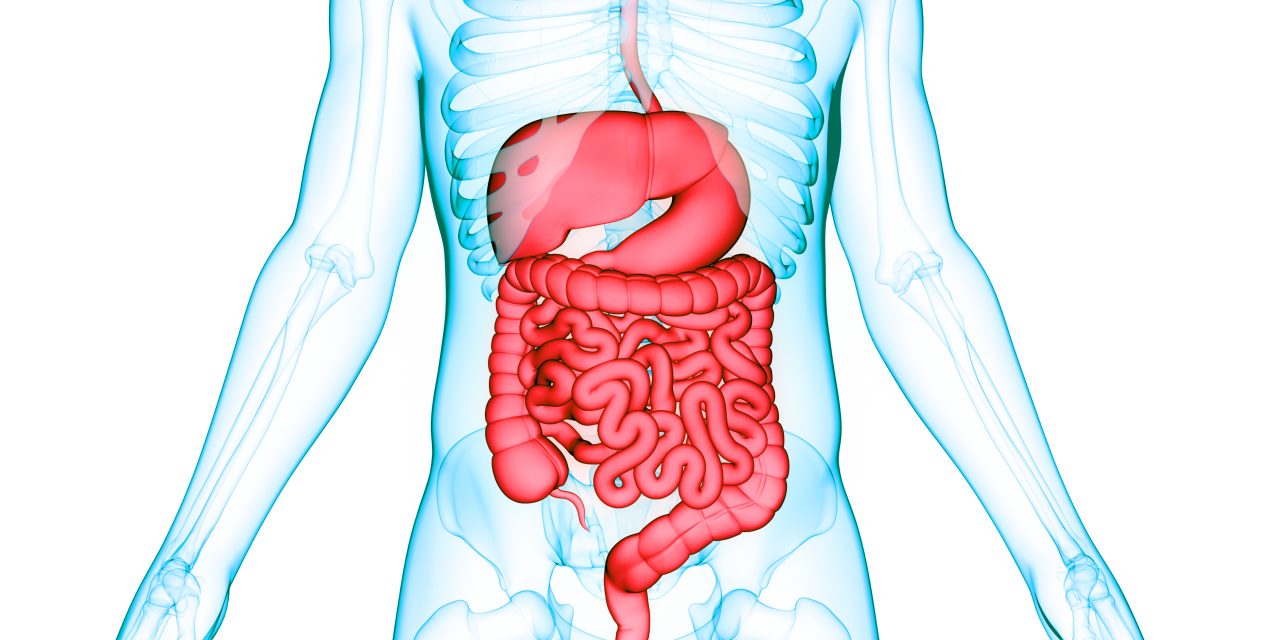Proton pump inhibitors (PPIs) are an effective therapy for eosinophilic esophagitis (EoE), however, only 30-60% of patients respond. Common CYP2C19 and STAT6 genetic variations are linked to PPI plasma levels and the extent of the inflammatory response, respectively. For this study, researchers wanted to see if genetic differences in the CYP2C19 and STAT6 genes impact the distinction of PPI responsive esophageal eosinophilia from PPI nonresponsive esophageal eosinophilia (PPI-REE, PPI-non responsive EoE). Genomic DNA was extracted from 92 esophageal tissue samples obtained from children included in a prospective clinical study of high-dose PPI treatment for esophageal eosinophilia. PPI-REE included 57 (62%) of the 92 patients studied, and PPI-nonresponsive EoE comprised 35 (38%). pH probe monitoring was used to further characterize 46 of the 92 individuals; there was no correlation between reflux index and carriage of CYP2C1917 (P = 0.35). Binary logistic regression modeling revealed that carriage of CYP2C1917 was linked with PPI-nonresponsive EoE in children who received a PPI dosage ranging from 1.54 to 2.05 mg/kg/day (odds ratio (OR) [95% confidence interval (CI)] = 7.71 [1.21, 49.11], P = 0.031). Carriage of STAT6 allelic variation rs1059513 predicts PPI-REE (OR [95% CI] = 6.16 [1.44, 26.4], P = 0.028), whereas carriage of STAT6 rs324011 predicts PPI-nonresponsive EoE (rs324011 OR [95% CI] = 5.56 [1.33, 20.72], P = 0.022; CYP2C1917 OR [95% CI] = 8.19[1.42, 50.57], P = 0.023).
Common CYP2C19 and STAT6 polymorphisms have been linked to a PPI-nonresponsive EoE result of PPI therapy for esophageal eosinophilia, implying that a genotype-guided approach to PPI dose may increase response rates.
Reference:journals.lww.com/jpgn/Fulltext/2019/11000/CYP2C19_and_STAT6_Variants_Influence_the_Outcome.15.aspx


